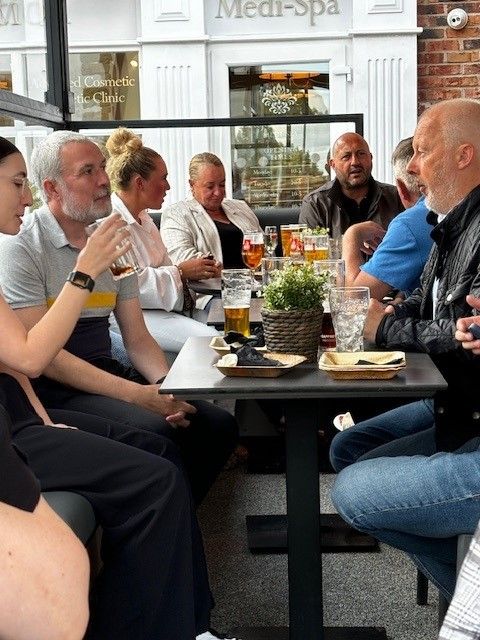Mental Health Inequalities within the UK’s Black Communities: Challenges and the Path Forward
In honour of Black History Month, it’s pivotal that we draw attention to the critical issue of mental health inequalities experienced by Black communities within the UK. Despite advancements in mental health awareness and treatment, members of the Black communities, particularly those from African Caribbean backgrounds, continue to face distinctive challenges. A closer look reveals a multifaceted interplay of societal, cultural, and systemic factors contributing to these disparities.
Challenges and Inequalities
Research, including studies by Khan et al. (2017), indicates that individuals from African Caribbean communities in the UK have higher incidences of post-traumatic stress disorder, elevated suicide risk and are more likely to be diagnosed with schizophrenia. These startling statistics signify more profound, underlying challenges:
Societal and Cultural Misunderstandings: The perception of a lack of cultural sensitivity among mental health professionals can lead to mistrust and reluctance in seeking help.
Stigmatisation within Communities: Portraying mental health issues as personal failures or weaknesses can lead to enduring silence instead of seeking support.
Institutional Barriers: Misdiagnoses and underdiagnoses underscore Black individuals’ obstacles in accessing adequate care.
Barriers to Support
The barriers stem from mistrust in healthcare systems due to historical and ongoing prejudices and discriminatory practices, discouraging Black individuals from seeking help. Those seeking help might encounter a lack of culturally competent professionals, risking misdiagnoses and inappropriate treatments.
The Ripple Effect of Stigma
Stigma perpetuates a vicious cycle: reduced dialogue around mental health struggles reinforces misconceptions and stereotypes, further alienating individuals in need from potential support systems.
Charting a Path Forward
Acknowledging and understanding these challenges are the initial steps toward resolving them. Collectively owning these inequalities is imperative to dismantle the associated barriers and stigma. A holistic and inclusive approach to mental health can foster an environment where everyone has equal access to the support they need.
In My Opinion: Changes Needed
Cultural Competence Training: Regular and comprehensive training for mental health professionals to ensure understanding and respect for cultural nuances.
Community Engagement: Active involvement of communities in shaping mental health services and policies to reflect the needs and preferences of all community members.
Awareness Campaigns: Tailored campaigns within Black communities to combat stigma and promote mental health awareness and the necessity of seeking help.
Research Investment: Adequate funding and emphasis on research focusing on the mental health of Black communities to ensure fair representation and nuanced understanding.
Accessible Services: Streamlining access to mental health services and ensuring they are adequately equipped to address Black communities’ specific needs and concerns.
In conclusion, acknowledging and addressing mental health inequalities is crucial in paving the way for a society where everyone has equal access to mental health support regardless of background.
As we commemorate Black History Month, let’s also endeavour to create an inclusive, supportive future that acknowledges the mental health needs of Black communities in the UK.




